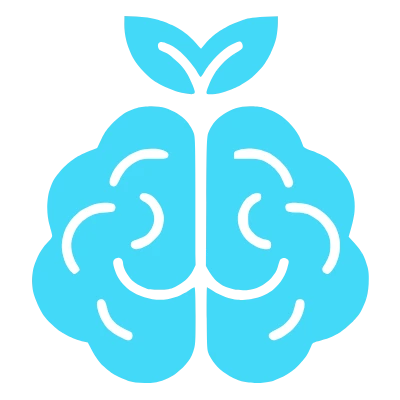Nurturing Assistance for Mature Individuals
Dedicated Aged Care
Providing compassionate elderly care, including mental health support, to ensure dignity, independence, and well-being.
Comprehensive Care for Aging Loved Ones
We provide expert elderly care with a focus on mental well-being, independence, and dignity. Our compassionate team is here to support seniors and their families every step of the way.
Our Approach to Elderly Care
With a compassionate, holistic approach, we focus on the physical, mental, and emotional well-being of every individual in our care.
Holistic Care
We treat the whole person, addressing physical, emotional, and mental health needs.
Compassionate Support
We provide care with kindness, empathy, and respect for every senior’s dignity.
Individualized Plans
Every senior is unique, and we customize care to suit their needs and preferences.
Professional Expertise
Our team consists of skilled professionals specializing in elderly care and mental health.

We Are
Fully Dedicated to Your Well-Being
Mind & Wellness Newsletter
Receive practical advice, caregiving strategies, and expert insights to support the well-being and dignity of aging loved ones. From daily care tips to mental health guidance, we’ll help you provide the best care possible.
our Readers
what They say
Real stories and feedback from readers whose lives have been touched by our resources and support.

Jessica L.
“The articles and resources are so well-curated and easy to understand, and I always find something new and helpful.”

Sarah T.
“I’ve learned so much about self-care, mindfulness, and mental health that I can apply every day. I feel more empowered than ever!

Michael R.
“They’ve made the process of seeking help so much easier. I finally feel like I have a solid foundation for managing my health.”
contact us
We provide personalized care for every senior.
Contact us today to learn how we can support your loved one’s aging journey with compassion and expert care. Our team is here to answer questions, offer resources, and help you navigate the best options for maintaining independence, mental well-being, and overall quality of life.
